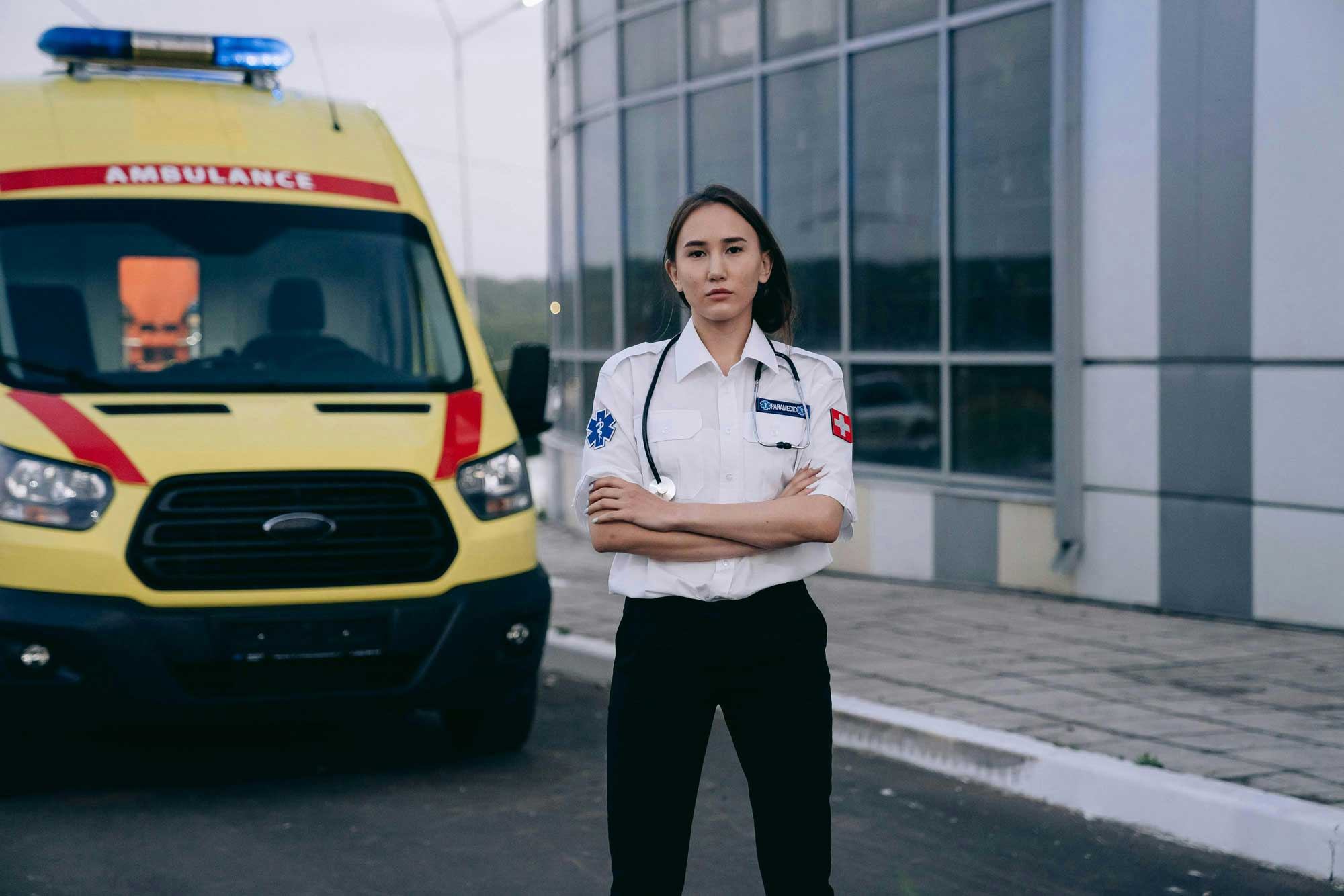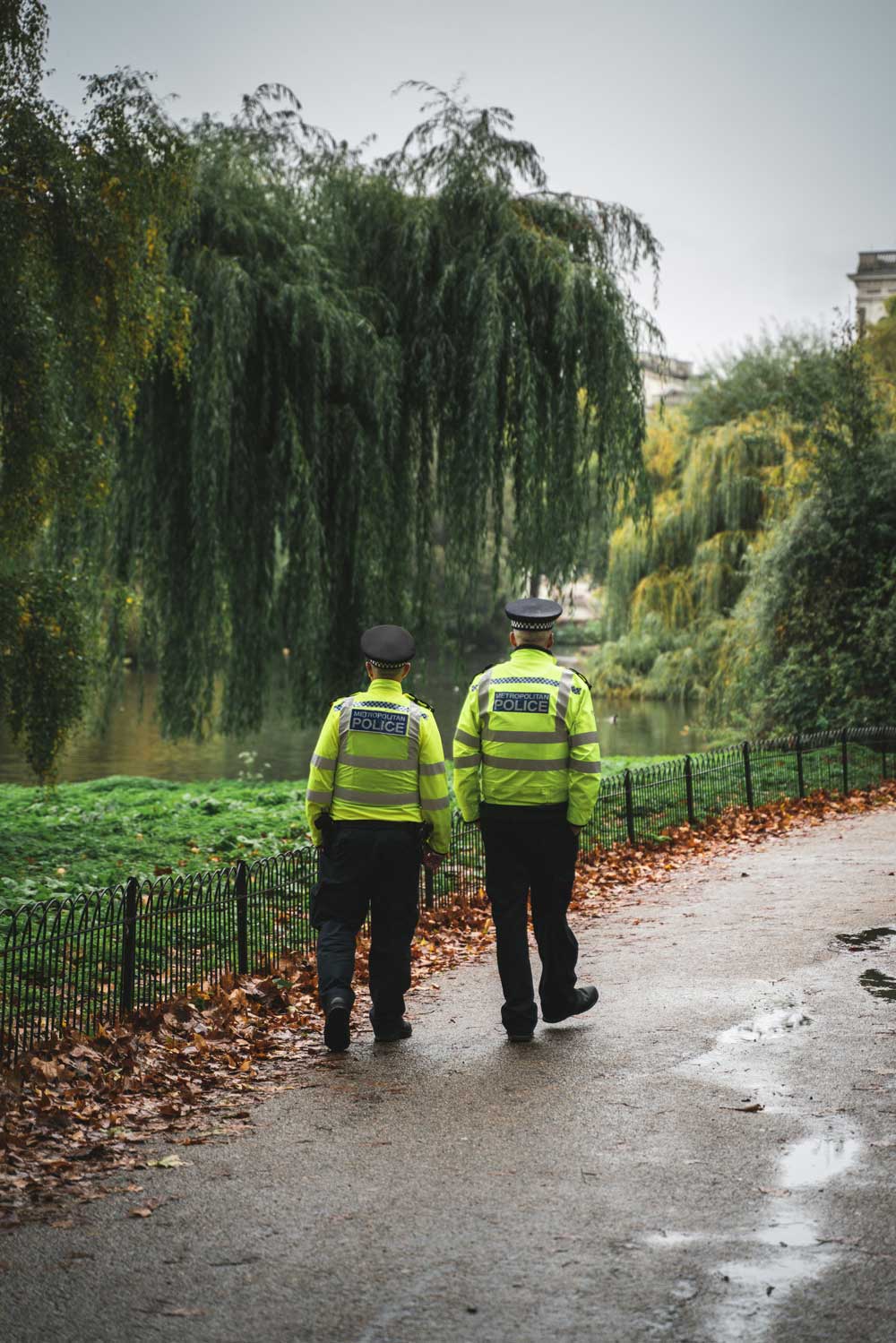First Responders
Trauma Therapy and Mental Health Support for First Responders in British Columbia
You’re trained to run toward the crisis—but that doesn’t mean you have to carry the weight of it alone.
For Those Who Serve, Support Matters
As a first responder—whether you’re in law enforcement, fire services, EMS, dispatch, or emergency healthcare—your job demands courage, quick thinking, and a steady presence under pressure. You’re trained to stay calm in chaos, make split-second decisions, and hold it together for others.
But behind the scenes, the constant exposure to trauma, danger, and human suffering can take a toll.
Maybe you’re feeling more irritable or disconnected than usual.
Maybe sleep isn’t coming easily.
Maybe the things you’ve seen just won’t leave your mind.
Or maybe you’ve gotten used to pushing it all down—but it’s getting harder to hold it in.
Whatever you’re carrying, you don’t have to do it alone. Therapy can help.
Common Struggles First Responders Face
No two people experience trauma the same way. But there are patterns we often see in first responders, including:
Chronic stress, burnout, and emotional exhaustion
If any of this sounds familiar, you’re not weak. You’re human. Your reactions are a normal response to repeated exposure to abnormal situations.
Why First Responder-Specific Therapy Matters
First responders often feel misunderstood in general mental health settings. You may have had experiences where you’ve had to explain your work, felt judged, or found that your therapist didn’t “get it.”
That’s why finding a clinician who understands the first responder world—and the culture that comes with it—is so important.
In first responder-focused treatment, you’ll work with a therapist who:
- Respects the strength, loyalty, and grit it takes to do what you do
- Understands the impact of cumulative trauma and critical incidents
- Will never ask you to relive trauma for the sake of retelling it
- Provides tools you can actually use, both on and off the job
- Works with you at your pace—without pressure, pity, or judgment
Evidence-Based Support for Healing and Resilience
Our work together is tailored to your needs and may include approaches like:
Trauma-focused therapy, such as EMDR (Eye Movement Desensitization and Reprocessing) or Cognitive Processing Therapy, such as EMDR (Eye Movement Desensitization and Reprocessing) or Cognitive Processing Therapy
CBT (Cognitive Behavioral Therapy) for managing anxiety, depression, and unhelpful thought patterns
Psychoeducation on trauma, nervous system responses, and stress
Resilience-building tools, mindfulness, and nervous system regulation strategies
Support for navigating work-related identity, retirement, or injury
Confidential. Non-Judgmental. Culturally Competent.
We understand that seeking help can feel risky—especially in professions where strength and stoicism are valued. That’s why confidentiality and trust are top priorities.
This is a space where you can be honest without fear of judgment, shame, or professional consequences. Therapy is about working with you, not fixing you.
You’ve spent your career looking out for others. It’s okay to have someone looking out for you now.

Who We Work With
We provide support for a wide range of first responders, including:
• Police officers and deputies
• Firefighters
• Paramedics and EMTs
• 911 dispatchers and communications professionals
• Corrections officers
• Emergency room staff and trauma nurses
• Search and rescue personnel
• Military veterans transitioning into civilian emergency services
Whether you’re actively serving, on medical leave, retired, or recovering from a specific incident, you are welcome here.
In person sessions available in Chilliwack, British Columbia. We also provide virtual services for first responders throughout British Columbia.

What to Expect in Therapy
You don’t need to know what to say or where to start. You show up, we take it from there—together.
- No pressure to talk about anything before you’re ready
- Pace is set by you
- Goals are collaborative and practical
- Sessions may include coping strategies, stress management, and trauma processing—when appropriate
- Both short-term support and long-term care are available
Telehealth and in-person options are available to fit your schedule and comfort level.
Frequently Asked Questions (FAQs)
Are sessions covered by my workplace?
In many situations, our therapy and assessment services are covered. Specifically for VAC and RCMP members, we are able to direct bill Medavie. Please contact us to discuss further.
How do I know if I have PTSD?
You don’t need a formal diagnosis to get help. If you’re experiencing flashbacks, avoidance, emotional numbness, or hypervigilance after traumatic events, therapy can help—whether it’s PTSD or not. With that said, we do offer PTSD assessments if you are looking for a clear diagnostic picture, and we complete VAC (Veterans Affairs Canada) packages.
What if I need time off? Can you help?
While it’s generally up to a medical doctor to support a medical leave, our clinicians are often a critical part of the care team and can provide the necessary paperwork to update employers and insurance agencies about your presenting issues, how they are impacting you, and how they are impacting your ability to work. We often provide support in recommending return to work strategies and helping you to evaluate your own readiness to return to work, whether possible or not.
Do you offer therapy for spouses or families of first responders?
Yes. We offer individual therapy for partners or family members, as well as couple and family therapy when appropriate. First responder work affects the whole family system.
Let’s Talk
If you’re ready to take the next step—or if you just want to explore what therapy could look like—reach out. We’ll meet you where you are.
